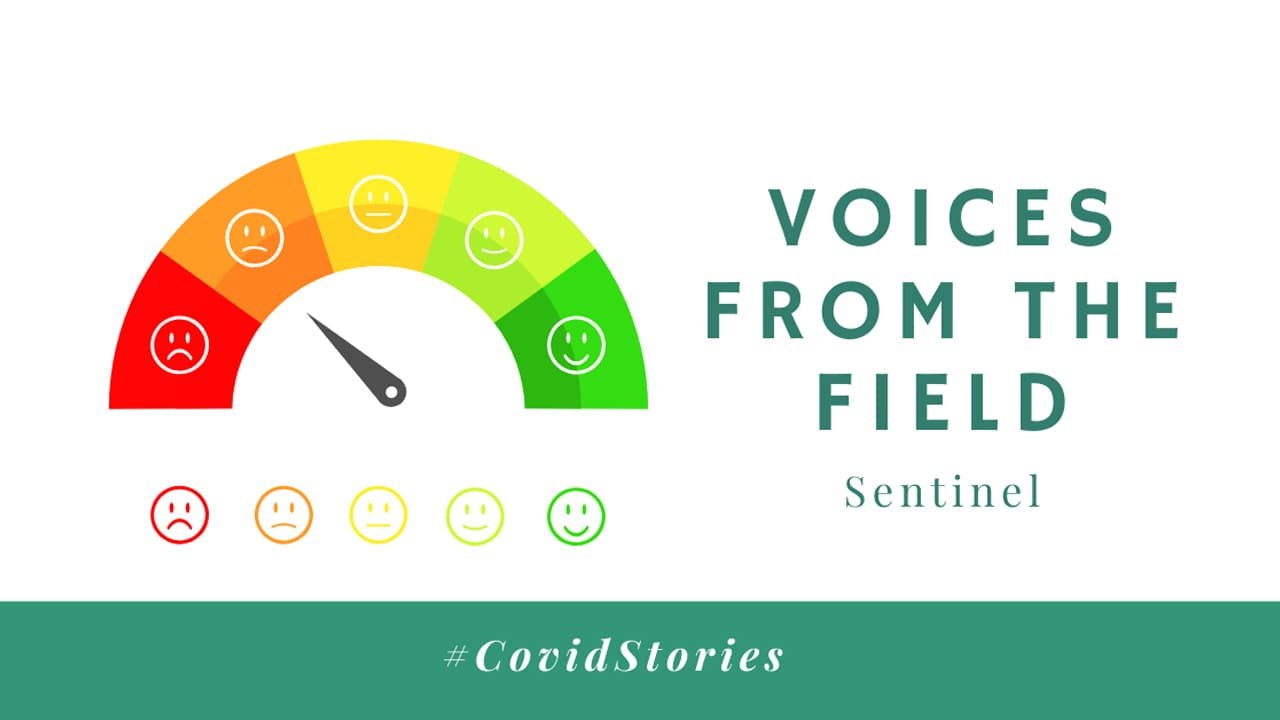Priya Ahluwalia
COUNSELOR
As a common perception, ‘grief’ is often expected to be preceded by the death or loss of a loved one. It is always used as a synonym to bereavement. However, the current COVID-19 pandemic and the subsequent lockdown in place since March 25th, is altering the way grief is seen and experienced. At the present time, parents and caregivers are not only grieving the loss of their jobs and financial security but also the loss of their autonomy, personal space, daily interactions, and missed milestones. For many of the families who Prerana works with, these losses are acutely felt, even if they might be difficult to articulate. Here are a few cases that illustrate this thought –
Loss of personal space
Gayatri (name changed) is the mother of a child in need of care and protection and has been in regular counseling since June 2019. She lives in a small space with her family. Prior to the lockdown, she used to be vocal as an active participant in the counseling sessions but now, she often sounds glum. In the last session, she sounded particularly low and shared that she had no access to a physical space to sit and talk to the counselor. Before the lockdown, for several hours during the day, Gayatri would have the whole residential space to herself and the freedom to be as she liked. However, since the lockdown, Gayatri’s alone time during the day has been curbed, along with an increase in the burden of household chores. The counselor believes that this loss of personal space and freedom could be one of the reasons for Gayatri’s low mood.
Birthdays Spent Alone
While Gayatri attempts to cope with the violation of her personal boundaries, Nikita (name changed) grieves about her missed milestones. Nikita is a family member of a child in need of care and protection and has been in regular counseling since 2019. She is an outgoing person and every year, she takes a trip with her friends at the time of her birthday but due to the lockdown, Nikita’s much-awaited travel plans had to be canceled. Nikita had to celebrate her birthday alone and in one of her counseling sessions, Nikita shared that she felt frustrated missing out on significant moments in her life.
Remote Goodbyes
Ritika (name changed) is a child in need of care and protection, whose social worker got changed during the lockdown as her previous social worker was terminating her services with the organization. The child and the social worker had a termination session on the telephone but Ritika expressed that she found it insufficient and wanted to meet the social worker in-person.
***
Such experiences of loss which cannot be openly acknowledged or publicly mourned as they may not be socially sanctioned incidents warranting grief are referred to as ‘disenfranchised grief’. Under the current pandemic, although this grief is acutely experienced it is left overlooked and under-addressed as it cannot be verbalized. This is further worsened by this feeling of uncertainty about the future and a lingering sense of feeling that things could get worse. This lethal combination of ‘disenfranchised’ and ‘anticipatory’ grief, if left unaddressed can lead to a significant and long-lasting impact on the wellbeing of our society especially our already distressed clients.
Counselors and social workers work so closely with people and observe complex emotions. It is important that they encourage self- compassion during these unprecedented times. Dialogues and conversations normalizing feelings of loss and grief can encourage the children and caregivers to accept these feelings.









Follow